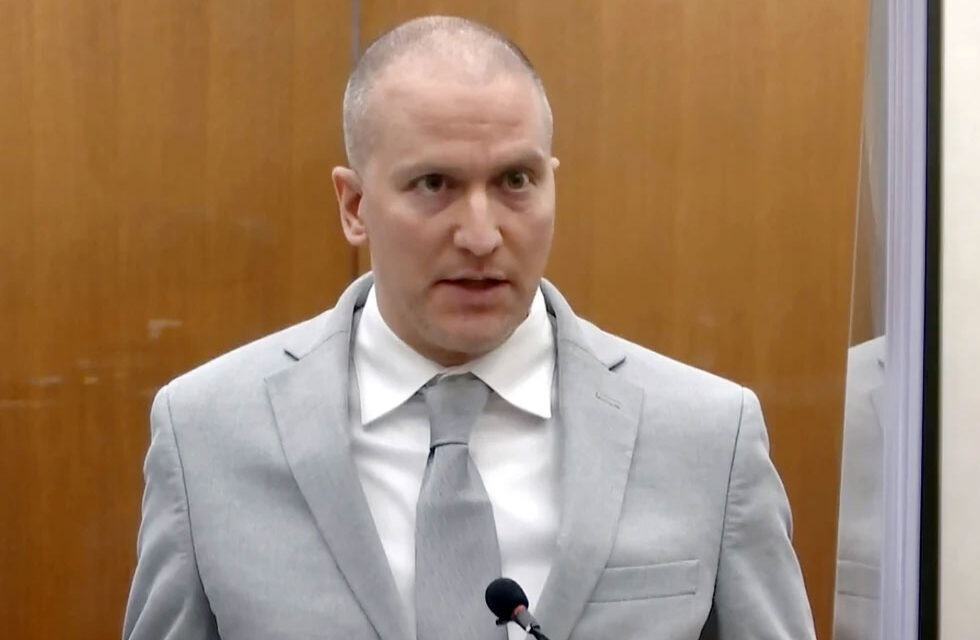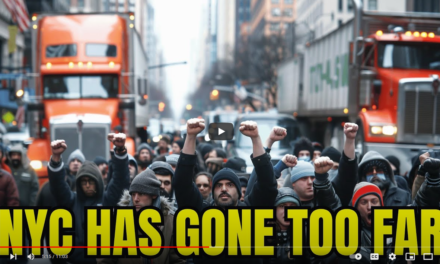DEREK CHAUVIN STABBED IN PRISON
In a shocking turn of events, Derek Chauvin, the former Minneapolis police officer convicted in the murder of George Floyd, was stabbed by another inmate at the Federal Correctional Institution (FCI), Tucson. This incident brings to light the ongoing challenges faced by the Bureau of Prisons, raising questions about the safety of high-profile inmates and the overall state of correctional facilities.
The Attack and Its Aftermath: The assault on Chauvin occurred at approximately 12:30 p.m. local time on a Friday at FCI Tucson, a medium-security prison grappling with security lapses and staffing shortages. The Bureau of Prisons confirmed the incident, stating that responding employees took immediate action, containing the situation and providing life-saving measures before the injured inmate was transported to a hospital for further treatment.
No employees were harmed during the attack, and the FBI has been notified. As a precautionary measure, visiting at the facility, which houses around 380 inmates, has been suspended.
Chauvin’s Background in Prison: Derek Chauvin, 47, had been transferred to FCI Tucson from a maximum-security Minnesota state prison in August 2022. His lawyer, Eric Nelson, had expressed concerns about Chauvin’s safety, advocating for his client to be kept out of the general population. In Minnesota, Chauvin spent much of his time in solitary confinement for his protection.
Chauvin is serving concurrent federal and state sentences of 21 years for violating George Floyd’s civil rights and 22½ years for second-degree murder, respectively. His recent attempt to appeal the murder conviction was rejected by the U.S. Supreme Court.
Ongoing Legal Battles: In addition to the stabbing incident, Chauvin is making a longshot bid to overturn his federal guilty plea, claiming new evidence suggests he didn’t cause George Floyd’s death. This comes on the heels of the Supreme Court’s rejection of his appeal, marking another chapter in the complex legal saga surrounding Floyd’s tragic death on May 25, 2020.
Bureau of Prisons Under Scrutiny: Chauvin’s stabbing adds to a series of high-profile incidents involving federal prisoners, including the stabbing of disgraced sports doctor Larry Nassar in July. The Bureau of Prisons has faced increased scrutiny in recent years, notably after the jail suicide of wealthy financier Jeffrey Epstein in 2019.
An ongoing AP investigation has uncovered systemic flaws within the Bureau of Prisons, including sexual abuse by staff, escapes, chronic violence, and severe staffing shortages. The director, Colette Peters, brought in to reform the agency, has faced criticism from lawmakers for delays in providing information and perceived lack of transparency.
The stabbing of Derek Chauvin should not only shine a spotlight on how the correctional system deals with “High Profile” cases. This is a fundamental issue with our correctional facilities as a whole. All inmates deserve to be protected and the system should make more of an attempt to rehabilitate than to make more hardened criminals. They have affectivley created a tragic loop that provides continuing job security for some and a continuing hell for others.
Original Article: Ex-officer Derek Chauvin stabbed in prison, AP source says | AP News



















